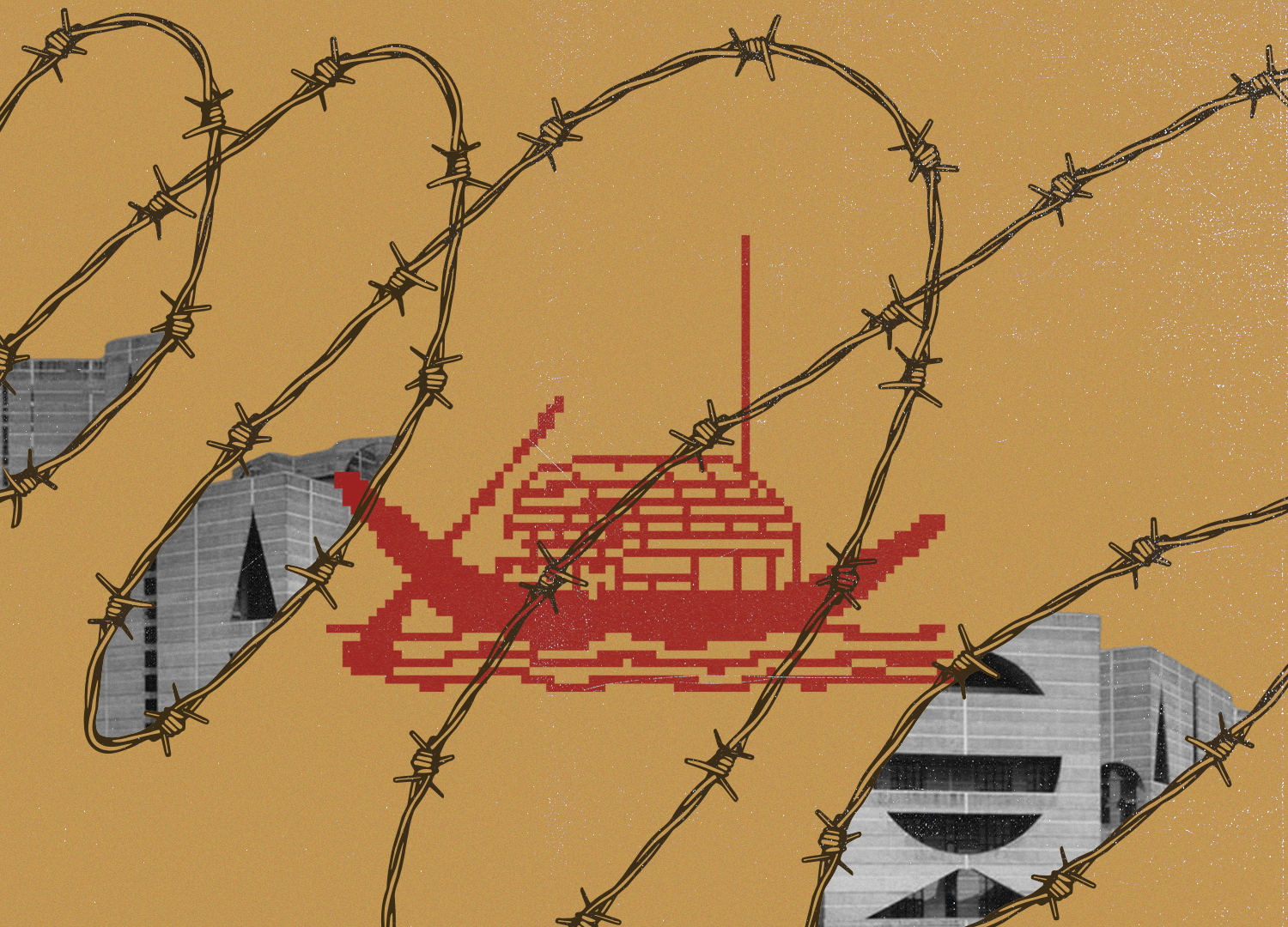A ban on accountability
By banning the Awami League, the interim government has confirmed it is not interested in reform, justice or accountability, and reaffirmed its commitment to keeping the Bangladeshi state broken.

The anger is justified. The desire for revenge is understandable. However, Sheikh Hasina’s Awami League built an autocracy on weaponising grievances. That should serve as a warning for Bangladesh. Individuals need to feel and heal. A state can neither heal nor rebuild if it is led by anger and vengeance.
Banning the Awami League was a political demand raised by the National Citizen Party (NCP). In light of the Awami League’s monopolisation of Bangladesh’s independence in service of authoritarianism, it is essential to clearly distinguish between the NCP, a political party, and the Bangladeshi public. When a government or a political party imposes its will on the people through coercion, the state is weakened. The interim government’s decision to concede to the NCP-led demand and use the Anti-Terrorism Act 2009 — a law passed and abused by the last regime, including to ban the Jamaat-e-Islami — to ban the Awami League, is an instance of this, and must be denounced.
The NCP allied with far-right Islamist hardliners — fresh from the successful launch of their national anti-women movement — to force the interim government’s hand. The sight of Salafi-jihadi ideologue Jasimuddin Rahmani speaking on the same platform as NCP leaders Hasnat Abdullah and Sarjis Alam, will have set alarm bells ringing. Muhammad Yunus’ government’s repeated denials that Islamists have encroached on Bangladeshi politics is a clear signal that this is a minority, if not a fringe position. Yet, his cabinet’s willingness to accede to this minority position is a worrying statement of majoritarianism, for which it must answer.
July and August 2024 was the culmination of a one-party state, wherein the military, police, intelligence agencies, judiciary, bureaucracy, private businesses and civil society operated as de facto members of the Awami League. If the direct involvement of the military, police and intelligence agencies in the state terror practices of enforced disappearance and extrajudicial killing happened too long ago for Yunus to remember, the collusion of the Directorate General of Forces Intelligence (DGFI) and National Security Intelligence (NSI) with the Awami League’s Md. Abdul Hamid should remind him of the many shades and tiers of membership that the party had.
The interim government either has unilaterally judged every single organ of state guilty of terrorism and, therefore, banned by decree as part of the Awami League, or is ensuring that none of them nor the individuals operating within them with impunity will be held responsible for their role in the crimes committed during the Awami League’s rule by blaming only card-carrying members. When the interim government has taken no steps to enforce transparency on the opaque party patronage system, there are no guarantees that the deep-pocketed financiers of the Awami League have not already found new political pets. When the interim government has shown no desire to identify the perpetrators of gross human rights violations, there are no guarantees that they are not already embedded in other political factions and the current state machinery. In choosing to absolve individuals in favour of the Awami League bogeyman, the interim government is guaranteeing that there can never be justice or accountability.
The interim government has been persuaded by an NCP that counts former members of the Awami League among its numbers, that the party should be banned. If this is tacit acknowledgement that the Yunus government is a proxy for the NCP, as Yunus was willing to be a proxy for the military during the period of 2006-2008, then the Bangladeshi people deserve to know that the democratic consensus that granted this government goodwill and legitimacy has been cast aside for an undemocratic takeover. At the very least, it is a clear sign that neither the interim government nor the NCP wants reform. The banning of the Awami League is to be condemned as vociferously as its crimes.●